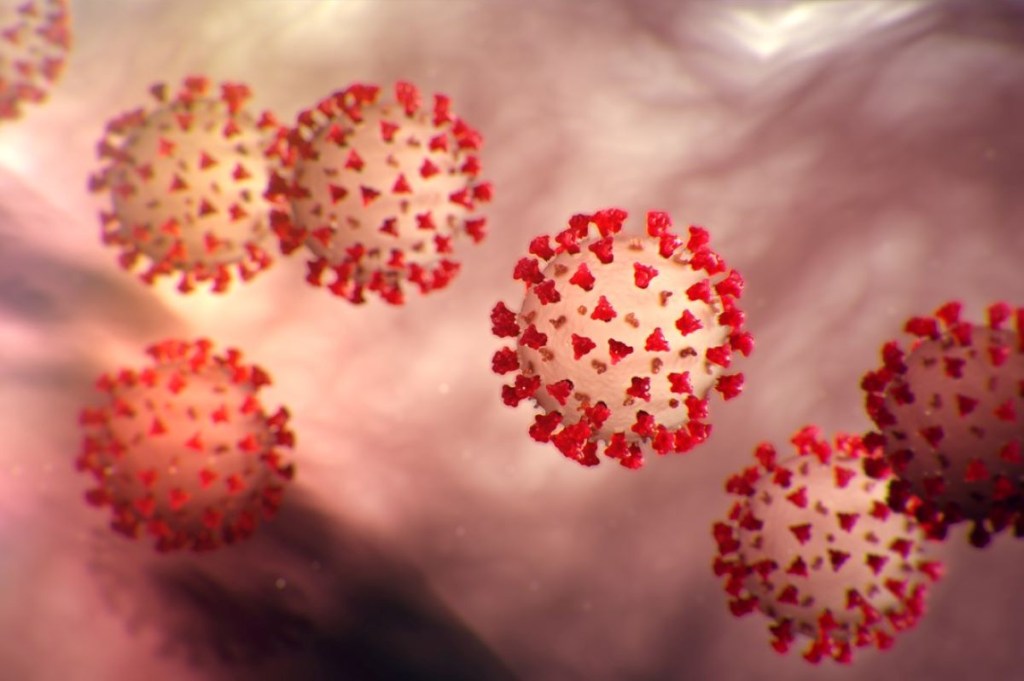All five babies born to women with COVID-19 infection during a study in Singapore have had antibodies against the virus, although the researchers said it is not yet clear what level of protection this may offer.
The findings from a study of 16 women released on Friday also found that most were mildy infected, while more severe reactions occurred in older women with a high body mass index – a trend that is mirrored in the general population.
Of the five who had delivered their babies by the time the study was published, all had antibodies, according to the Singapore Obstetrics and Gynaecology Research Network.
The number of antibodies in the babies varied, and was higher among those whose mothers’ had been infected nearer to the time of delivery, the researchers said. Further monitoring is required to see whether the antibodies will decline as the babies get older, they added.








